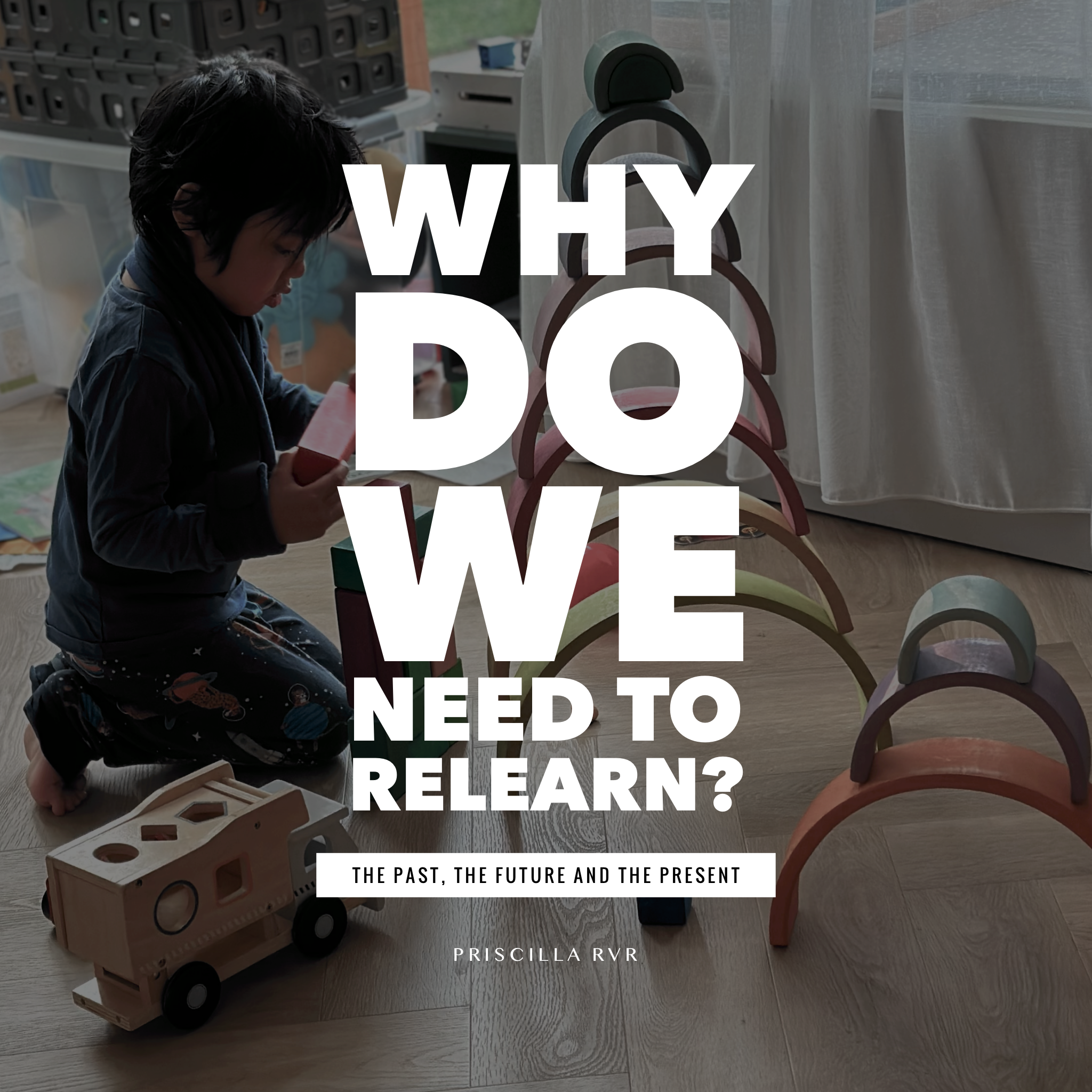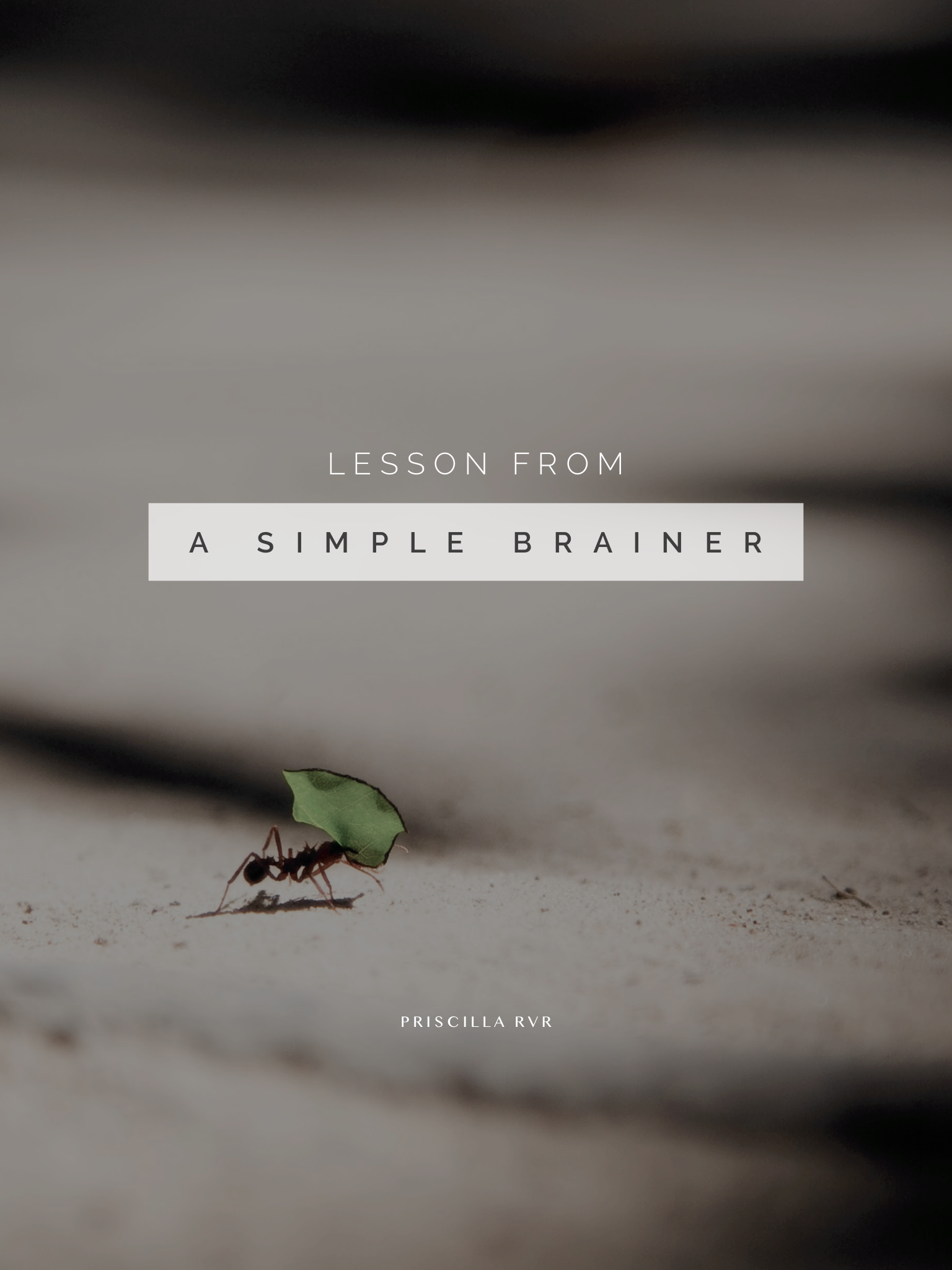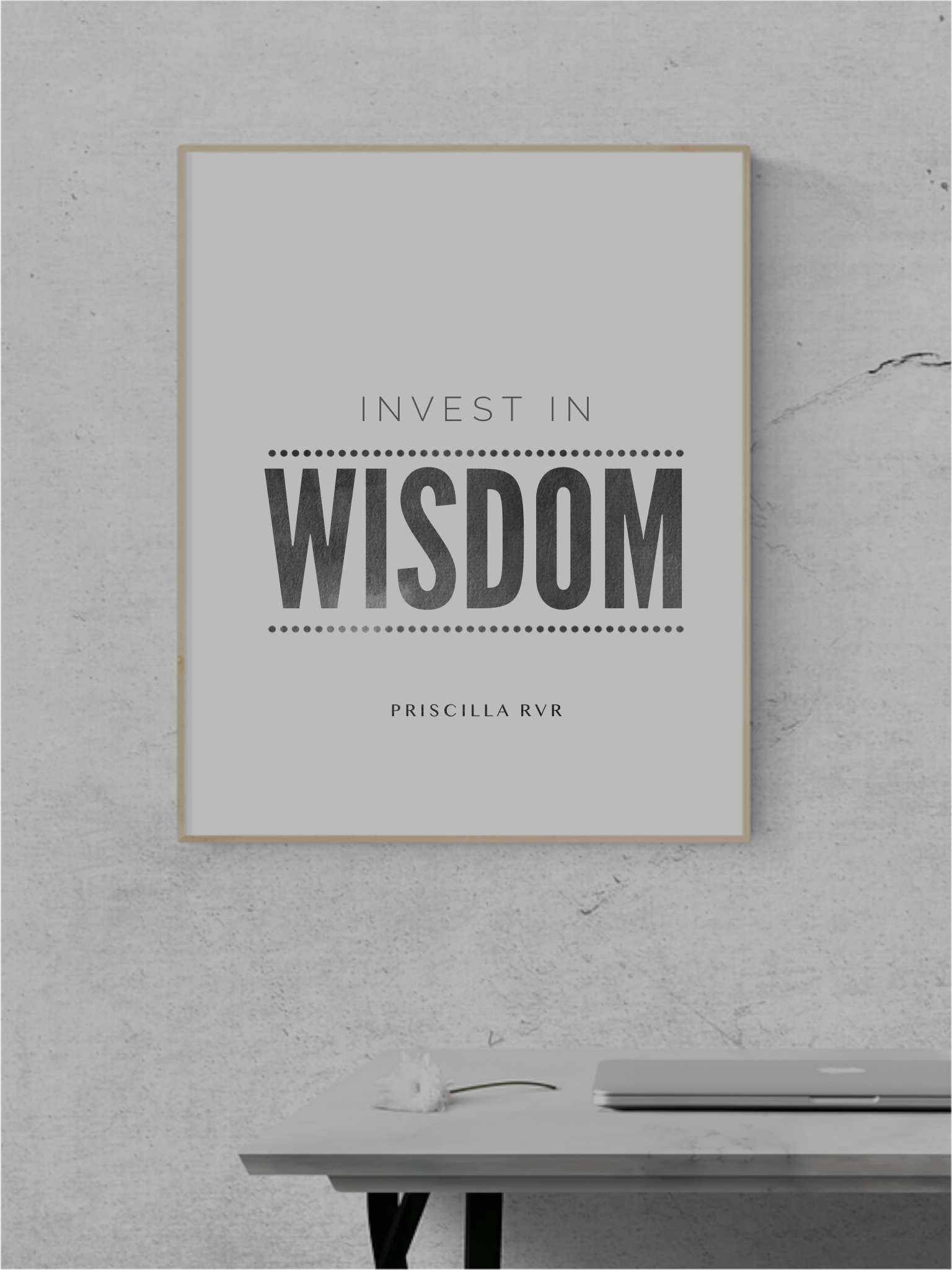The Follower or The Rebel?
Which one do you prefer:
Someone who follows all the orders or Someone who can think differently to bring the best experience, even though that is less than 100% like the orders?
Which one do you like:
Someone who strictly obeys the mandatory rules?
Or Someone that looks like to bend the rules? Something that, yes, the rules or the norms are not allowed to do, but based on circumstances, it's okay because it brings the best outcomes.
First of all, I am not advocating breaking the law. I am talking about norms, society's rules, cultural ethics, black-and-white thinking, and generalizations.
Let me share a stories to help you understand what I am talking about.
The Dutch Conference
We went to a conference in the Netherlands, and they also had a kids' conference program so the parents could enjoy themselves and focus on attending the conference. My son, Marcus, was five, and the little one, Faith, was three. The guy from the kids program said my youngest was not allowed to come because of her age. I said she already used to go to the older program, and she had her older brother with her. Meanwhile, there was no program for three years. Marcus doesn't want to be alone. She wants his sister to join him.
That guy still doesn't care and says NO, which is okay because he just follows orders and rules. I say sorry to Marcus that he can't enjoy the program without his sister. He chooses to be with me. So we take them with us to adult programs.
The other contrast story.
The Dutch Kids Theater
We attended a Dutch theater for kids. My kids had a blast with the program. At the end of the show, I met and talked with a lady. I told her how amazed we were with the story and the music and how engaging it was for kids. It turned out she was the theater's director. She asked me if we had no plans after this. Because there's another show after this. She asked me, "Would you like to attend the next shows?" She gave us a free ticket to join but with a warning about the show. The next show is for four-year-old children (Marcus' age at that time) and is usually unsuitable for two-year-olds (Faith) because the show was in the dark, with a lighting program and interactive sounds. But once again, she said it depends on the kids and parents. Some kids are okay, and some are too frightened. You can take her out if Faith dislikes it or is too scared. The decision is mine to take.
I know Faith will love it because she likes to watch drama and musical performances and is used to that kind of lighting. I'm glad we're taking the next show. Both of my kids love and enjoy the shows.
What do we learn from these two cases:
That guy in the conference just follows the order and is doing it well by the book. There is nothing wrong with that. Meanwhile, the lady in the theater seemed to break the rules by allowing us to see shows not meant for my youngest kids' age. It appears that it's okay to bend the rules.
Which one is better? What do you think about this case?
Do you see what the similarities and differences are?
Both are Dutch events and Dutch people. The Dutch culture is known for its directness and pragmatism.
Here is what intrigued me to write these stories. Don't judge people based on stereotyping or generalization. Some people will say it's typical for the Dutch to be straightforward and strict. I am okay with that. But the way they handle things is different. It means the impact is also different.
Rigid Follower vs Rebel Leader
What I saw is a rigid follower vs rebel leader.
One is a follower who thinks rigidly, strictly black and white by the book. The other is the leader, who thinks beyond the norm and gives a chance for an incredible experience.
One is a good follower, following the rules, no doubt about it. He strictly follows what the book says, but only for the level of a follower with a narrow thinking capacity. Maybe he will get into trouble if he bends the rules. He may not have the authority to do it, but it goes back again to the culture that he was into.
Meanwhile, the other is a leader who can see beyond the norm and is willing to be ruled for a better experience. Because she cares about people's experiences. She wants the theater filled with people.
Both are Dutch, but they do not represent the same values and way of thinking. That's why it's important not to stereotype people but to take a closer look.
In fact, Faith, my youngest daughter, often gets an opportunity in another conference or class to be together with her older brother. It is in the Netherlands with Dutch people. She even had a chance to sneak into Marcus's class lesson, and she can handle the older program. That's why I don't like to stereotype people but instead investigate the cultural aspects of the organizations/people themselves. It's about respecting and valuing the unique perspectives that each individual and culture brings, rather than making assumptions based on stereotypes.
The Rebel Innovator
The rules and systems are intended to create order and prevent chaos, and that's good. We need the system. Once again, I am not advocating breaking the law. But there are rules in life that need to be updated. A rebellion sees and approaches life differently. It's not about breaking rules for the sake of it, but about challenging them to foster growth and learning.
Francesa Gino is a professor at Harvard Business School and the author of Rebel Talent. She wrote, "Rule-breaking does not have to get us into trouble if done correctly, and in the right doses-in fact, it can help us get ahead." Her books reveal her observations to identify five core elements of rebel talent. Novelty, seeking out the challenges and the new. Curiosity - constantly asking "why"? Perspective is constantly broaden their view of the world and see it as others do. Diversity is the tendency to challenge predetermined social roles. And authenticity, embracing all that they do.
All the innovation we enjoy today results from rebels who dare to think differently. Companies like Uber, Netflix, Apple, and Airbnb started as rebels against society's standards. They dare to challenge the status quo. Even though now they have become the new norms of how to do things. They keep pushing the boundaries and testing the possibilities that could make things a better experience. Innovation need both system and flexibelity to improve the experience.
So, what kind of people do you want to raise under your leadership?
Someone who blindly follows you? They will do precisely what you or the book said. It makes your life easy, right? Less headache. Why not hire a robot or AI? They can do it better than humans if they only need to follow the order precisely.
Or Someone who follows the rules but also has the freedom to use their intuition?
But when the rules become too rigid, and you lose focus on why you do what you do, there will be no innovation or better experience. The world is not black and white. There is a nuance and plenty of color. You might miss out on big things.
You might live in a culture where the boss is everything and always right. You must follow the book, or you'll get into trouble. But there's also an innovation culture that dares to think differently.
Which one are you? The rigid follower or The rebel innovator?
About the writer











